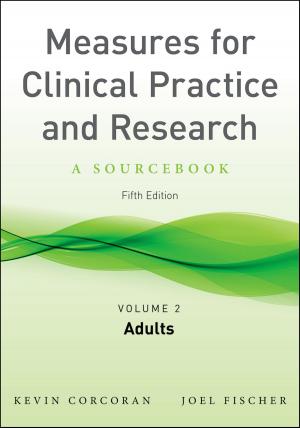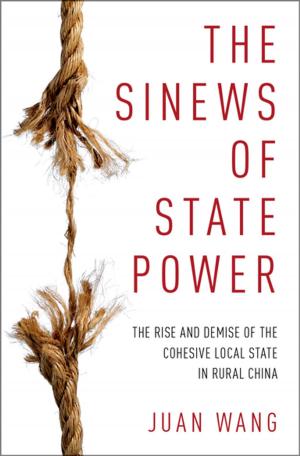American Opinion on Trade
Preferences without Politics
Nonfiction, Social & Cultural Studies, Political Science, International, International Security, International Relations, Politics, History & Theory| Author: | Alexandra Guisinger | ISBN: | 9780190651855 |
| Publisher: | Oxford University Press | Publication: | July 7, 2017 |
| Imprint: | Oxford University Press | Language: | English |
| Author: | Alexandra Guisinger |
| ISBN: | 9780190651855 |
| Publisher: | Oxford University Press |
| Publication: | July 7, 2017 |
| Imprint: | Oxford University Press |
| Language: | English |
Americans have contradictory beliefs about how international trade affects the country as whole and specific communities. Yet notwithstanding the heat of political rhetoric, these beliefs are rarely mobilized into political action. Alexandra Guisinger examines this apparent disconnect by examining the bases of Americans' trade preferences in today's post-industrial economy and why do so few politicians attempt to take advantage of these preferences. The changing American economy has made the direct effects of trade less obvious, making the benefits and costs more difficult to determine. In addition, information sources, including the media, have changed in content and influence over time, their influence varies across different groups of individuals, and partly as a result individuals hold countervailing beliefs about the effect of trade on their own and others' economic outcomes. American Opinion on Trade provides a multi-method examination of the sources of attitudes, drawing on survey data and experimental surveys; it also traces how trade issues become intertwined with attitudes toward redistribution as well as gender and race.
Americans have contradictory beliefs about how international trade affects the country as whole and specific communities. Yet notwithstanding the heat of political rhetoric, these beliefs are rarely mobilized into political action. Alexandra Guisinger examines this apparent disconnect by examining the bases of Americans' trade preferences in today's post-industrial economy and why do so few politicians attempt to take advantage of these preferences. The changing American economy has made the direct effects of trade less obvious, making the benefits and costs more difficult to determine. In addition, information sources, including the media, have changed in content and influence over time, their influence varies across different groups of individuals, and partly as a result individuals hold countervailing beliefs about the effect of trade on their own and others' economic outcomes. American Opinion on Trade provides a multi-method examination of the sources of attitudes, drawing on survey data and experimental surveys; it also traces how trade issues become intertwined with attitudes toward redistribution as well as gender and race.















